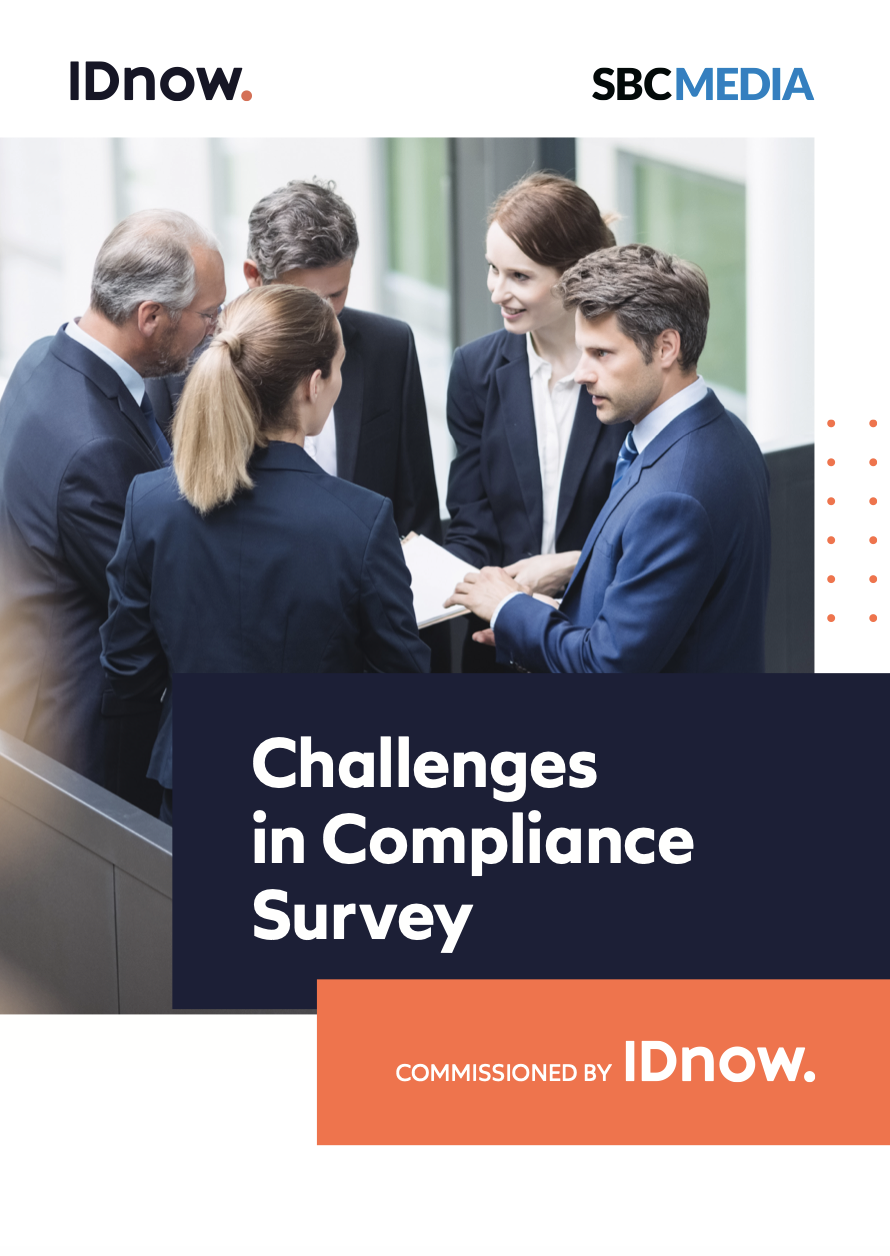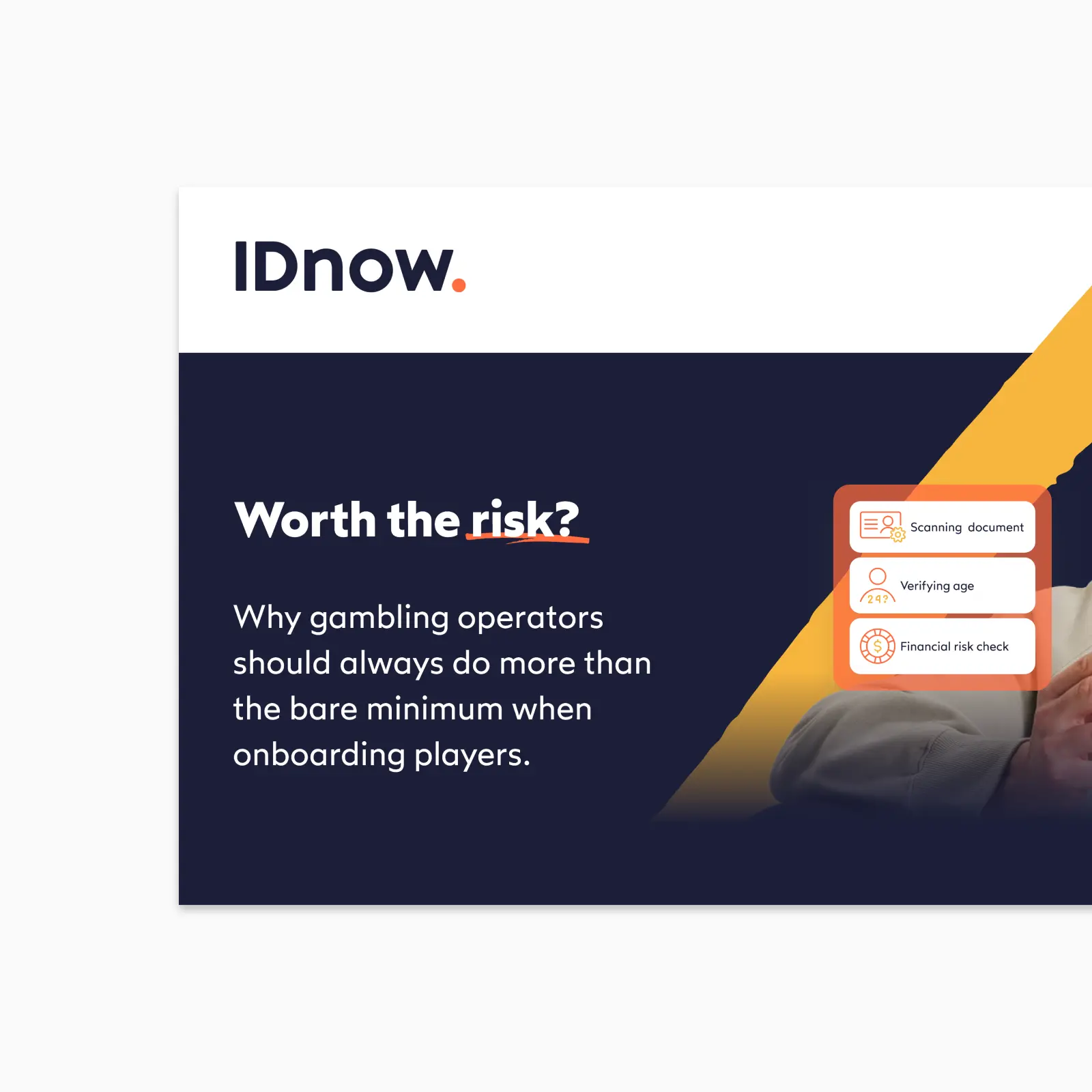We sit down with Ronaldo Kos to discuss what’s next for the Brazilian gambling market, and how gambling platforms can prepare for the new era of gambling regulation.
In December 2023, the Brazilian Senate finally passed its gambling regulations for sports betting and online casinos. What took so long?
Until this week, there had been no enforceable or documented Brazilian gambling regulations due to a blanket ban on gambling in the country since the 1940s.
Before the ban, however, gambling was a prevalent pastime, and casinos were big businesses that pulled in celebrities worldwide. The ban, introduced in 1946, came from President Eurico Gaspar Dutra; a man heavily influenced by his wife, who was a devout Catholic, and thought poorly of games of chance.
Continued pressure from the general populace saw some restrictions lifted in intervening years, such as:
- Legalization of a non-commercial bingo in 1971.
- Legalization of horse racing and the betting associated with it in 1984.
- Creation of a state-owned lottery system in 1996.
Poker was exempt from the 1946 ban as it was deemed a game of skill. Alongside the above, social betting and fantasy betting are legal under Brazilian gambling laws; however, they are entirely unregulated.
The ban was met with strong resistance, and underground gambling soon became a thing. The game of choice to this day is Jogo do Bicho, a simple lottery-style game that began in 1892. Jogo do Bicho began as a fun game played outside a zoo but is now an unofficial yet popular numbers game.
As Brazilian gambling restrictions only ever applied to gambling operators headquartered in Brazil, the domestic ban essentially provided a window of opportunity operators headquartered abroad to target Brazilian customers.
Introducing this new regulatory framework has therefore been fraught with difficulties for new and existing operators across the globe. To help meet some of these challenges, a nonprofit organization called ABRADIE was created to ensure the Brazilian gambling and iGaming landscape remained safe and free from corruption.
What would you say was the main catalyst for change?
I think there were two main reasons for change: public opinion, and the realization that the Brazilian economy was missing out on major tax revenue.
Regarding the first, as online gambling and iGaming grew in popularity, so too did public sentiment toward regulation revision. People began to regard the regulations as archaic, and openly challenged that online gambling should be exempt. In a way, it was, as online gambling and iGaming have been allowed in Brazil, provided the operators were headquartered outside the country. In 2018, the winds of change began to blow in Brazil’s way, and a plan was proposed to introduce new gaming legislation in Brazil. The proposed project allowed basic fixed odds sports betting, but with the caveat that actual legislation was a work in progress.
The income generated from online gambling in Brazil is predicted to be more than $1.5 billion in 2023 – an increase of over 200% from 2022. Understandably, that’s a lot of tax revenue that the Brazilian authorities are missing out on. Predictions now point toward a sustained period of rapid growth. The Brazilian economy is struggling (having dropped from the world’s 7th largest to 13th in just over a decade), and the revenue boost from opening the country up to the iGaming sector is too good to not take advantage of.
It’s also worth mentioning that besides the economic boost, the regulation will also have a positive effect on:
- Safer gambling: Invariably, when regulations are deemed necessary, it is an indication of inherent risk in the industry, for example fraud and other criminal activities. Enforcing strict and well-documented regulations will make the Brazilian gaming space safer and more secure.
- Attract investors: Establishing online gambling and sports betting regulations opens the Brazil market to new and diverse investors. Setting a framework for gambling regulations ensures a competitive and fair landscape, for new and old entrants, while preventing companies from running unethical practices and promotions to build their iGaming brands.
What are your thoughts on the new regulations? Do you think they are clear enough?
The regulations for sports betting and online casinos are a significant step toward Brazil’s modern online gambling landscape. Casinos will also remain illegal for the time being, but further changes are expected in the coming years.
I think the ban on bonus bets is an interesting decision. Sign-up bonuses are often used by operators to entice customers to register for their platform, however they are also exploited by criminals. [Read more about bonus abuse in our blog here].
The new rules also prohibit companies without a license from advertising. The content of advertisements must follow new guidelines, and any company found to be in breach of guidelines will have it removed from the internet.
What I do think is smart are the new payment rules that have been designed to try and dismantle Brazil’s huge illegal gambling market. Only operators authorized by the Central Bank can offer payment services, and players are only able to send money to a bank account that is headquartered in Brazil.
Challenges in Compliance Survey

So, what’s new? How can operators comply with the new Brazilian gambling regulations?
The first requirement is for an operator to be based in Brazil. Foreign operators will be barred from offering regulated gambling. This will ensure the Brazilian government is able to collect the taxable revenue (operators will be liable to pay 12% revenue tax.) Operators are also mandated to meet a range of integrity, responsibility and honesty requirements as proposed by the ABRADIE and IBJR and are therefore required to be a member of a sports integrity body.
Other requirements operators will be forced to comply with include having a minimum value of share capital and being able to pass several technical requirements.
Players will also be pleased to learn that there will be 15% tax on the amount that bettors win, which is a major reduction on the 30% tax that Brazilian Minister of Finance Fernando Haddad originally said he wanted.
Operators that wish to comply with the new sports betting regulations can do so by getting a Brazilian gambling license, which will set them back BR$30 million (US$6.1 million) for five years of validity. Learn more about the complexities of the Brazilian gambling license structure in our blog, here.
What challenges do you foresee regarding the opening of the Brazilian market?
Introducing sports betting regulations in Brazil will not be without its challenges and risks. As the illegal and unregulated gambling industry is already thoroughly established, one of the primary issues that must be confronted is underground gambling and removing the risk of fraud or match-fixing. Brazilian sports have seen their share of scandals and controversies that would make anybody nervous about entering this newly opened market without a rigid and protective framework.
The world of iGaming is driven by the financial aspect. The challenge will be to balance the economic benefits of online betting legislation with the social responsibility to keep everybody safe. Safety relates to being safe from fraud and other financial crime, but also to ensure they engage in responsible gambling.
How does Brazil’s gambling regulations compare to other markets?
The best way to understand how to thrive in a new market is to study the landscape of existing markets. The UK Gambling Commission has created an established model that makes an excellent study for the Brazilian authorities. Malta is another location that has created a great regulatory model to tackle the challenges of being a smaller location with a heavy reliance on international business.
Each country in LATAM is adopting and updating its regulations at a different place. Argentina, Bolivia, and Nicaragua are three countries with various existing regulations and are actively working to expand them. Mexico is another that has the framework in place for rapid iGaming growth and would present good case studies, offering realistic region-proof market entry strategies that can be easily customized for the Brazilian landscape.
What role will technology play in the new era of online gambling in Brazil?
As further regulatory changes come into play, and new global markets continue to slowly but surely open, one key way that operators can prepare for the future is by incorporating robust identity verification technology. This enables operators to conduct thorough Know Your Customer checks and process international and local documents and data, such as the Cadastro de Pessoa Física (Brazilian tax number).
In Brazil, gaming operators in Brazil must now adopt identification procedures that verify players’ identity. As such, the use of facial recognition technology in identifying the identities of bettors and the amount of taxation to be paid will become standard practice. Operators must also be able to verify and validate the authenticity of ID, by comparing with available data from public and private databases.
Navigating the online world and covering the range of potential issues is mission-critical for anybody looking to create a new set of iGaming regulations. An online business is present in many countries and, therefore, must be aware of and compliant with the relevant regulations and legislations.
Working with a solid system that can accommodate the different requirements of different regulatory bodies is essential. Anti-money-laundering compliant identity verification and fraud prevention are hot topics and even more prevalent when entering a new market that has been active but unregulated for several years. IDnow has the tools that help make the transition into the Brazilian iGaming space as seamless as possible.
Worth the risk: Why gambling operators should always do more than the bare minimum when onboarding players
Most common fraud attacks that gambling operators were subjected to in 2023.
Size of some of the most popular global gambling markets.
The steps required to legally onboard players in nine different countries

What’s next for Brazil’s gambling regime?
Revenue is already up by 200% from 2022 and is expected to double again by 2027. As the industry expands and technology advances, regulations must adapt to remain ahead of the curve, where possible, to maintain player and operator safety. As these laws change and people’s views toward online gambling evolve, so will the different definitions of what is covered. Many Brazilians would love to see casinos return.
By implementing a Brazilian gambling regulation process, the initial upturn for the economy will be immediate.
The road ahead of the iGaming culture in Brazil is not without its challenges. Initiating change takes time and knowledge. The online gaming sphere is fraught with complexities, such as ensuring that a solid multi-jurisdictional identity verification platform is in place to protect anything entering the space. Solid identity-proofing systems are imperative for anybody looking to enter the emerging LATAM market, as each new jurisdiction will bring its own requirements. Having a dependable system programmed to deal with a region’s requirements means setting a solid foundation for safe and stable growth in that market.
If you’re interested in more insights from industry insiders and thought leaders, check out one of our interviews from our Fintech Spotlight Interview series below.
- Martin Lycka, SVP for American Regulatory Affairs at Entain
- Roger Redfearn-Tyrzyk, Director of Global Gaming at IDnow
- Neil Montgomery, founder of Brazilian law firm, Montgomery
Or, discover the different priorities and compliance challenges facing global and LATAM gambling operators in our blog, ‘Learning from the old guard. How LATAM gambling operators plan to meet age-old compliance challenges.’
Discover ‘How to onboard players in Brazil without compromising on compliance or CX’ here.
By

Jody Houton
Senior Content Manager at IDnow
Connect with Jody on LinkedIn




